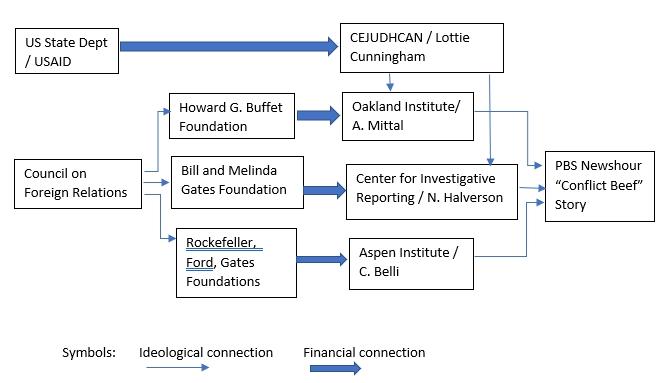
U.S. foreign policy is increasingly promoted by billionaire-funded foundations. The neoliberal era has created individuals with incredible wealth who, through “philanthropy,” flex their influence and feel good at the same time. While these philanthropists can be liberal on some issues, they almost universally support U.S. foreign policy and the “free market.” Because many of these super-rich individuals made their wealth through investments and speculation, most do not like a planned economy, socialized services beyond the private sector, or greater government control.
These mega-wealthy individuals, and the people who run their foundations, are often intimately connected to the U.S. foreign policy establishment. Grants are given to projects, campaigns and organizations which align with their long-term goals. In this direct way, supposedly independent think tanks and NGOs are influenced if not controlled. There is much truth in the old saying, “He who pays the piper, calls the tune.”
Independent Nicaragua
Nicaragua is a good example. For historical and contemporary reasons, Washington is hostile to the Nicaraguan government. The socialist Sandinista Front ousted the U.S.-supported dictator Anastasio Somoza in 1979 and governed until 1990. Then, following a decade of U.S.-sponsored “Contra” war and economic sanctions, the Sandinistas were voted out of office. Next, after 16 years of neoliberal governments, the Nicaraguan people voted to return the Sandinistas to power in 2006. Since then, the Sandinista Front (FSLN) has won two subsequent elections, with more support, 62%, in 2011 and more still, 73%, in 2016.
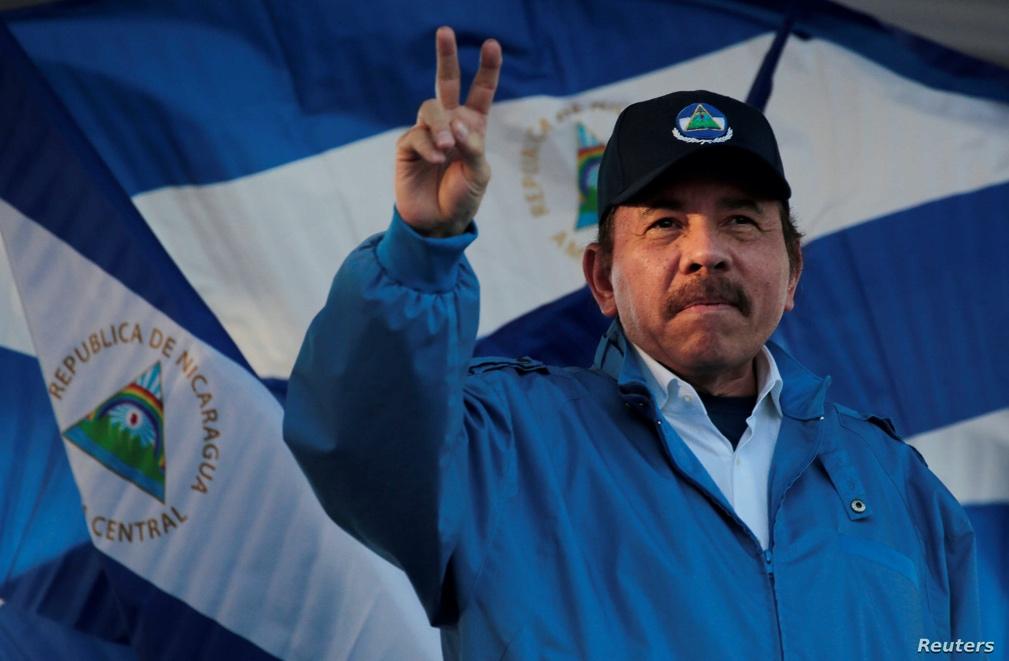
Nicaragua under the Sandinistas has sustained a capitalist economy, but the government provides many social services, including health care and education, along with community-based policing and an impressive 90% food self-sufficiency. Nicaragua maintains an independent foreign policy which sometimes aligns with Cuba, Venezuela and other independent movements in Latin America.
Nicaragua has made plans for a trans-oceanic canal. Because this would compete with the Panama Canal and be independent of heavy U.S. influence, the United States does not approve. With the financial collapse of the canal’s Chinese investor, the plans have been suspended if not cancelled. Regardless of whether the plan is implemented, the U.S. foreign policy establishment and associated media are hostile to the Nicaraguan government for daring to plan this project.
U.S. Targets Nicaragua
U.S. meddling in Nicaragua is thinly veiled behind the U.S.-funded “civil society,” a “new generation of democratic leaders” and an “ecosystem of independent media.” In September 2016, a high USAID official, Marcela X. Escobari, told the House Foreign Affairs Committee that 2,200 youth had received “leadership training.”
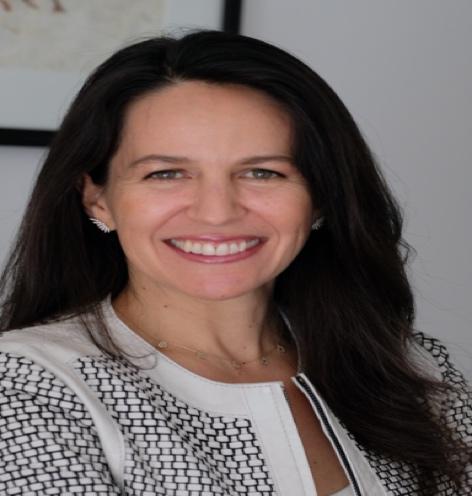
U.S. governmental hypocrisy is quite astounding. Imagine if Nicaragua (or Russia or any other country) trained thousands of U.S. activists to “promote democracy” in the USA.
In December 2018, the U.S. ratified the “Nicaragua Human Rights and Anticorruption Act” which imposes sanctions and commits the U.S. to preventing Nicaragua from receiving loans, financial or technical assistance from U.S.-dominated financial institutions.
In August 2020, journalist Ben Norton at The Grayzone reported details of a new USAID “task order” called Responsive Assistance in Nicaragua (RAIN). The document “outlines plans for a U.S. regime-change scheme against Nicaragua’s elected leftist government.” In short, Washington is not just hostile but actively trying to undermine, destabilize and replace the Sandinista administration.
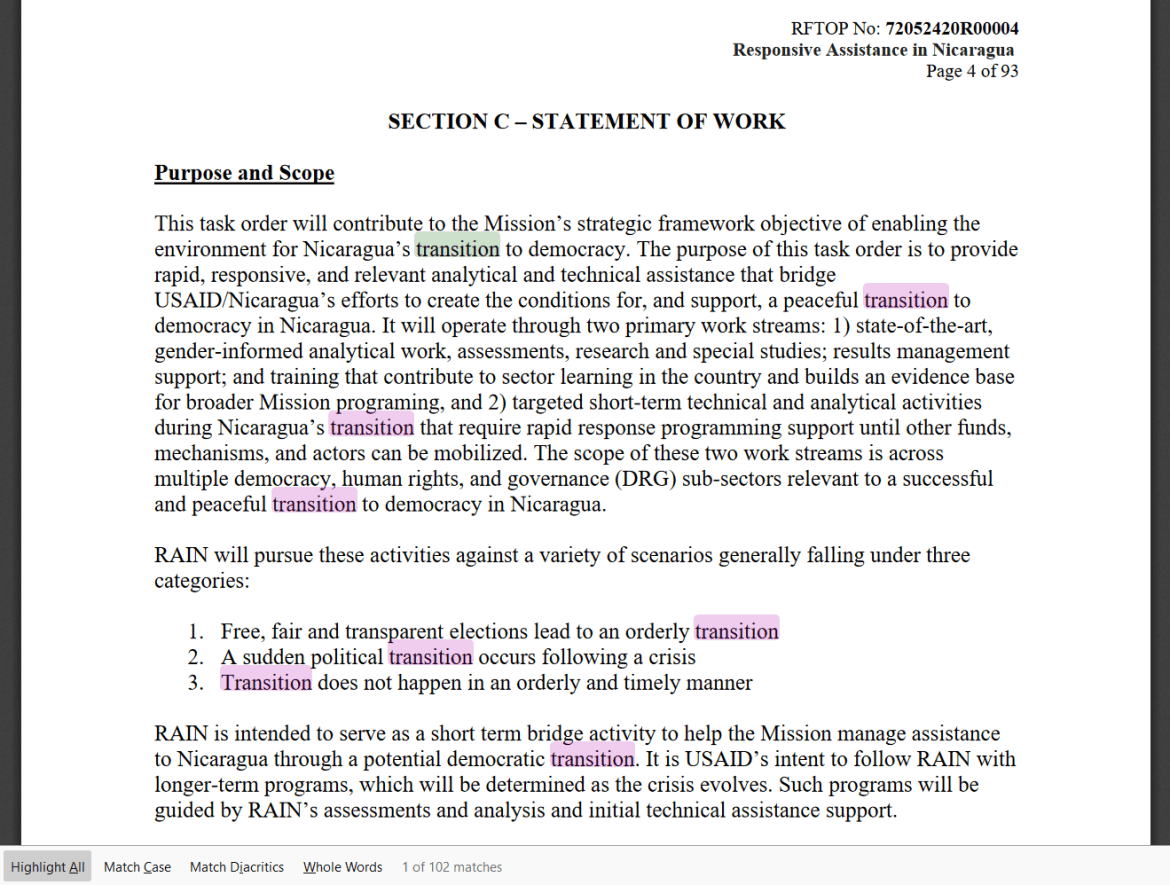
The Foreign Policy Establishment, Nicaragua and Elliott Abrams
A key institution of the foreign policy establishment is the Council on Foreign Relations (CFR). Its role and importance are analyzed in a two-volume history, “Imperial Brain Trust,” and “Wall Street’s Think Tank,” by Laurence N. Shoup, whose titles convey the main thesis. CFR events and publications, including Foreign Affairs magazine, give a good picture of key foreign policy priorities and debates.
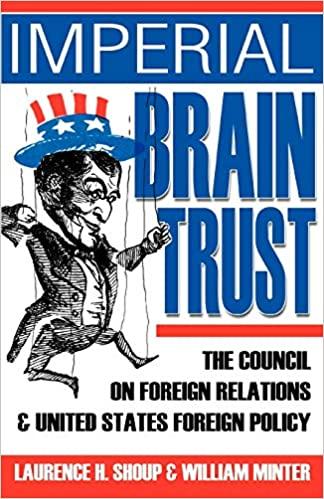
[Source: amazon.com] 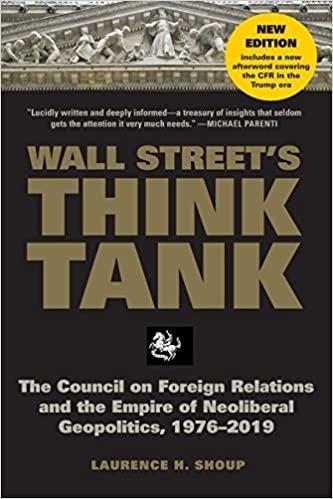
[Source: amazon.com]
Hostility to the Nicaragua government is reflected in CFR reports and publications. One important example is an article by Elliott Abrams, who has been a major foreign policy official for 40 years. He was convicted of lying to Congress, yet he is a Senior Fellow at CFR. In September 2015 he wrote an article published at CFR titled “The Sandinistas Attack the Miskito Indians – Again.” He ends the article with an appeal to environmental and human rights groups:
“The open question is whether anyone – groups defending the environment, or defending Indian rights or human rights more generally, or fighting against Sandinista repression—will help them.”
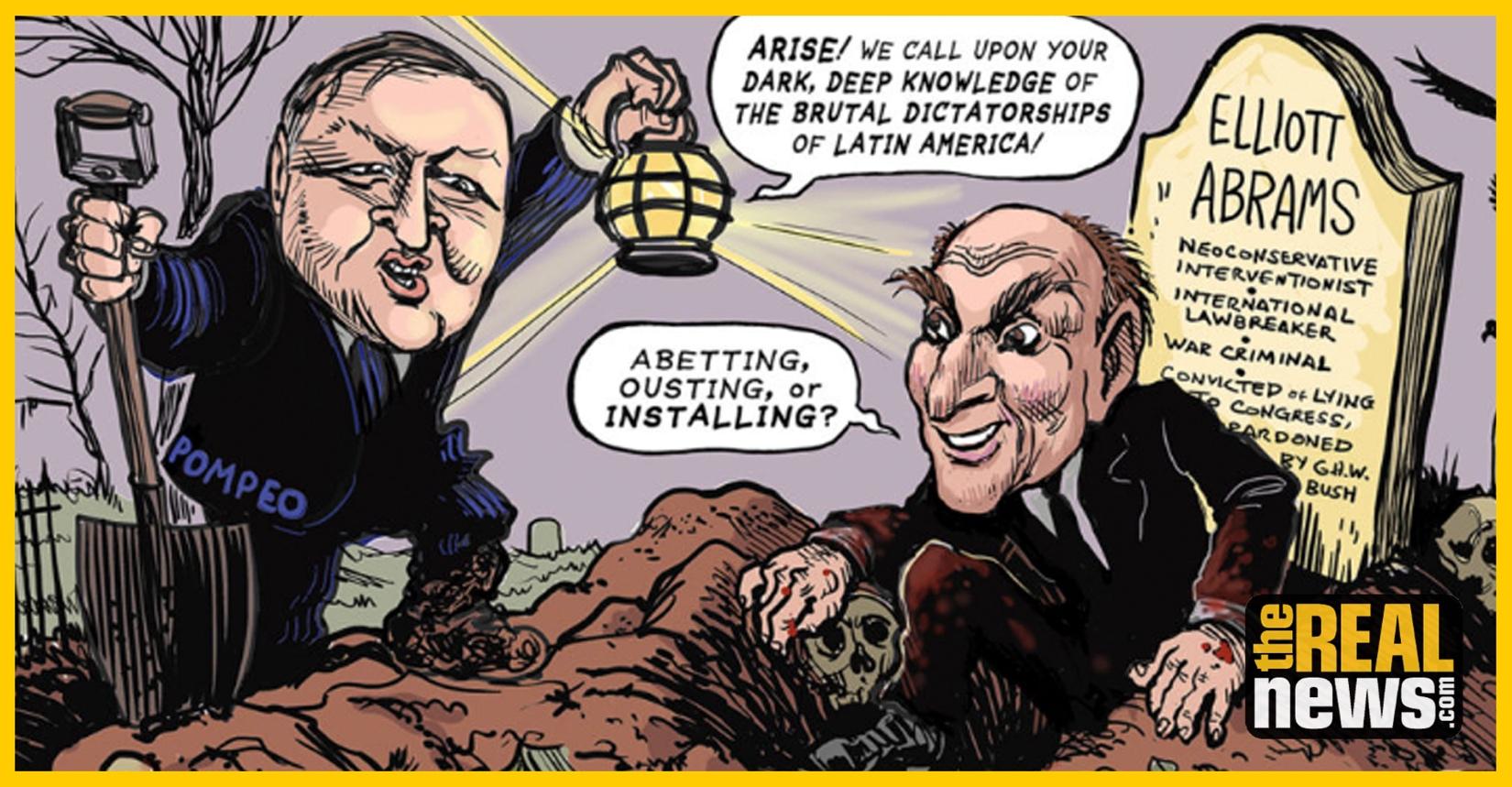
Seemingly in response to Elliott Abrams’s suggestion, several major foundations have financed reporting on Nicaragua that emphasize conflict and tensions in the indigenous Miskito zone.
In March 2017 a Guardian article based on research funded by the Bill and Melinda Gates Foundation described “Lush heartlands of Nicaragua’s Miskito people spark deadly land disputes.”
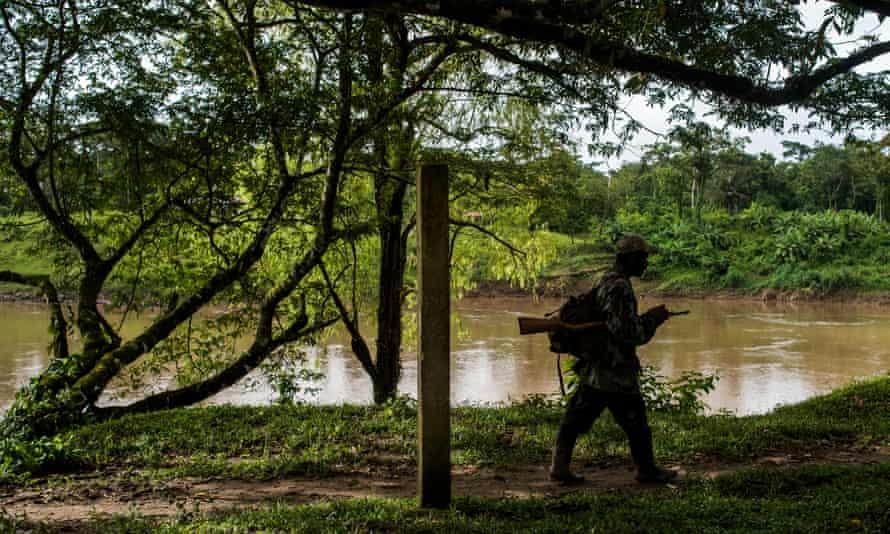
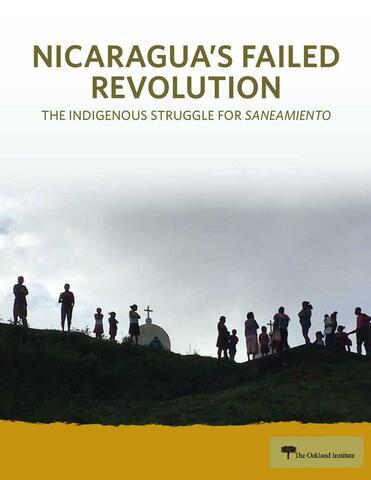
In the fall of 2018, the Oakland Institute received a grant of $237,294 for “Land Dispute Project – Nicaragua” from the Howard G. Buffett Foundation. This year the Oakland Institute published “Nicaragua’s Failed Revolution.” The subtitle of the report is “The Indigenous Struggle for Saneamiento,” with “saneamiento” being the final step of the process toward regaining indigenous rights.
The funding for these reports came from foundations where the key players are interconnected with the foreign policy establishment. For example, Howard G. Buffett, the former Executive Director at the Howard G. Buffett Foundation and son of Warren Buffett, the multi-billionaire CEO of Berkshire Hathaway, is a member of CFR. Melinda Gates, co-chair of the Bill and Melinda Gates Foundation (BMGF), is a writer for CFR publications and speaker at CFR events.
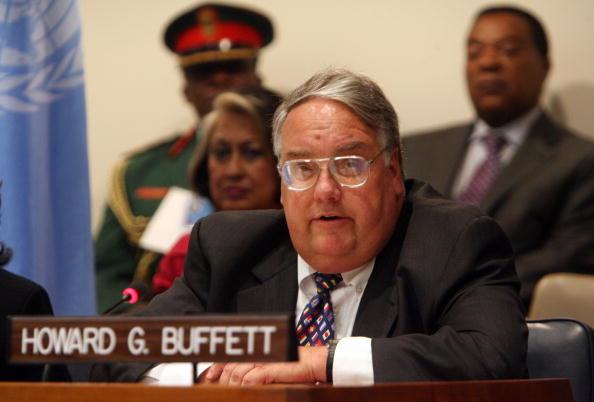
Howard G. Buffett. [Source: celebritynetworth.com] 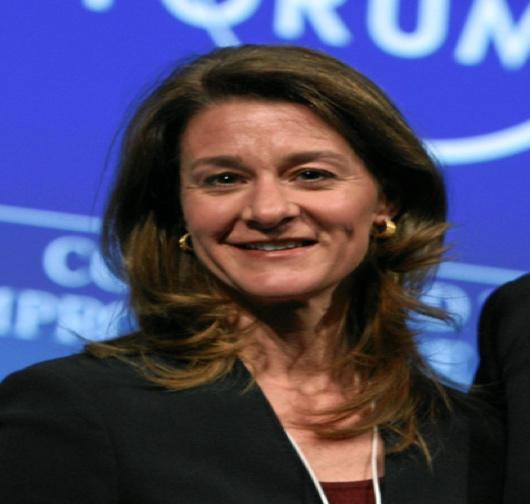
Melinda Gates [Source: wikipedia.org]
We do not know if they were influenced by Elliott Abrams’s appeal, but the anti-Sandinista message was likely heard one way or another. Land disputes involving indigenous groups are widespread in the Americas, including North America. Research and reports could be done regarding almost every country. But instead of researching and reporting on indigenous land conflicts in Colombia or Honduras or British Columbia, the billionaire foundations chose to fund reports on Nicaragua.
The Miskito indigenous in Nicaragua are not new to conflict. During the 1980s the CIA manipulated them to advance their proxy Contra army. Many Nicaraguans died as a result. Now, 35 years later, people such as Elliott Abrams are trying to use the Miskito all over again. The Miskito may have legitimate grievances against the Nicaraguan government. But are their supposed champions in the U.S. seeking a solution or are they seeking to use them for their own purposes? There is a big difference.
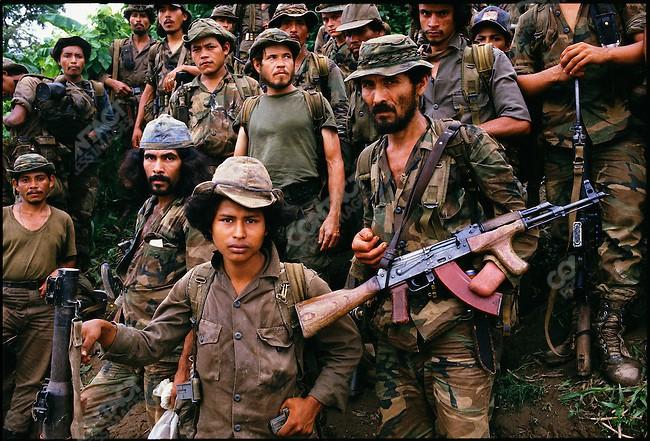
Economic Warfare and “Conflict Beef”
The United States is increasingly using sanctions and economic warfare to hurt those governments deemed to be “adversaries.” Some right-wing foreign policy advisers would like to amplify the economic damage to Nicaragua. Some would like to prevent the U.S. from importing beef from Nicaragua.
Cattle ranching is a major part of the economy in Nicaragua. Previously Nicaragua exported large amounts of beef to Venezuela. But with the extreme economic hardships, exports have declined. Nicaragua has helped fill the gap by exporting larger quantities of high-quality beef to the U.S.
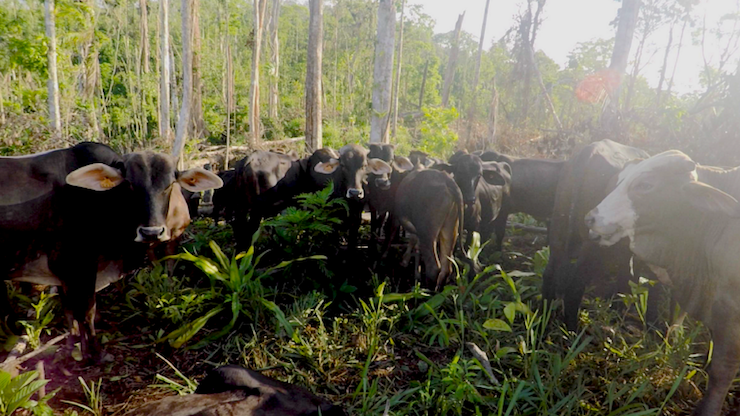
On the October 20, 2020, broadcast of the PBS Newshour, a nine-minute video about “Conflict Beef” was shown. The documentary said the increase in Nicaraguan exports is “coming at a high cost for indigenous communities that are being run off their land to make way for cattle ranches.” This accusation, and the suggestion that perhaps Nicaraguan beef should not be imported, was a core message of the video which merged journalism with activism.
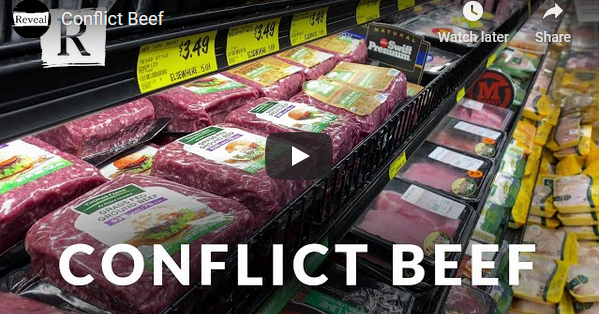
Subsequent research, including interviews with indigenous leaders from the area, reveal that the PBS Newshour report is fundamentally inaccurate. Journalist John Perry, based in Nicaragua, gives details in the article Progressive Media Promoted a False Story of Conflict Beef from Nicaragua, published by Fairness and Accuracy in Reporting. Some of the reported violence was made up; some was exaggerated. The claims of “genocide” are not credible.
The exaggerated and untrue accusations in the PBS report are based on four sources. Lottie Cunningham is an indigenous attorney who heads the Center for Justice and Human Rights on the Atlantic Coast of Nicaragua (CEJUDHCAN). Her organization is a USAID recipient and she is close to the U.S. Ambassador to Nicaragua. The United Nations Human Rights Commission has issued press releases based solely on her accusations. Judging by this “Conflict Beef” report, her accusations are sometimes exaggerated and sometimes untrue.
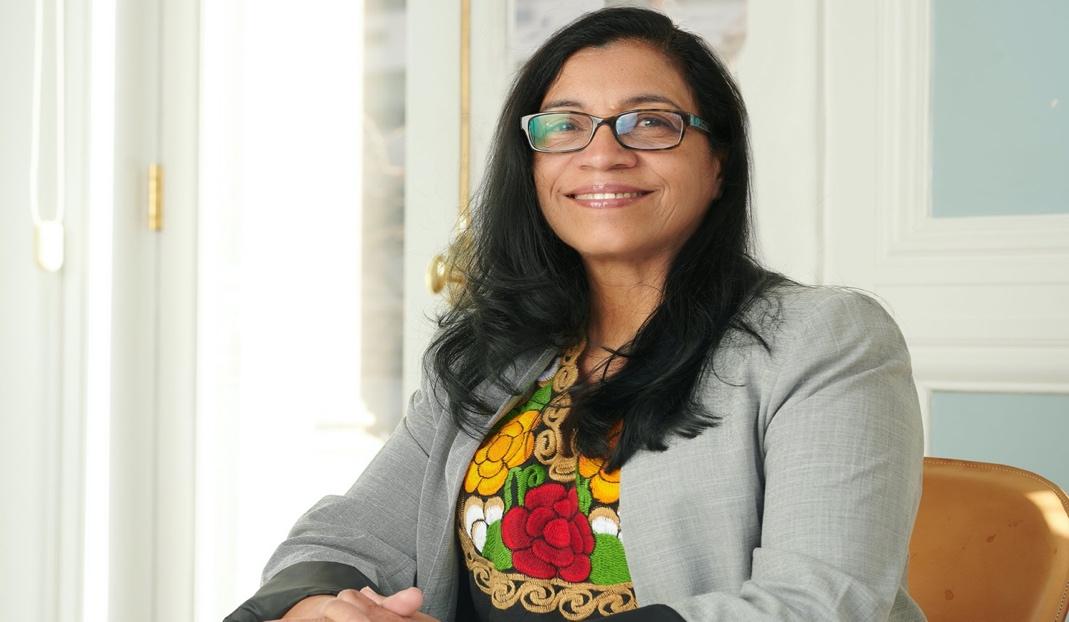
Another source for this report is Anuradha Mittal, founder and Executive Director of the Oakland Institute. The Institute received a grant of nearly $250,000 for its research on Nicaraguan “land conflict.”
Much of the information came from the Oakland Institute report and the claims of Lottie Cunningham, who in addition to being a USAID grant recipient, received the Lush Spring Prize, sponsored by Lush Cosmetics. Recently published interviews with numerous elected indigenous leaders from Nicaragua’s autonomous zones indicate that Lottie Cunningham is viewed with skepticism if not hostility. The leaders believe that her organization, CEJUDHCAN, does not represent the interests of indigenous communities and is actually promoting violence and publicity for personal gain.

The lead journalist for the PBS report “Conflict Beef,” was Nate Halverson at the Center for Investigative Reporting (CIR). CIR is well funded, with a budget around $10M, and has received large grants from dozens of individual foundations: Hearst ($625K), Soros ($325K), Gates ($247K), Ford ($250K), Pierre Omidyar ($900K).
Another journalist, Camilo de Castro Belli, appeared in the video. He is the son of author and Sandinista critic Giacondo Belli and a “Central America Fellow” at the neoliberal Aspen Institute. The Aspen Institute is funded by grants from the Rockefeller, Ford, Gates and other U.S. philanthropic foundations. Its chairman, James S. Crown, is the Lead Director of the General Dynamics Corporation, one of the world’s top arms manufacturers, and was appointed by Barack Obama to the President’s Intelligence Advisory Board.[1]
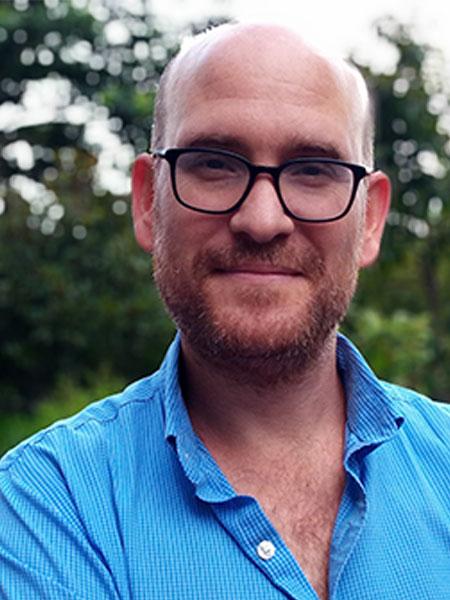
Camilo de Castro Belli [Source: califoundation.org] 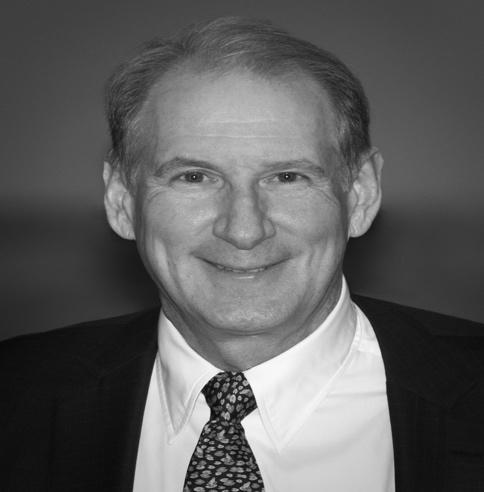
James Crown [Source: aspeninstitute.org]
Key allegations in the “Conflict Beef” story are untrue. The beef for export comes from cattle that are NOT from the indigenous zones. The cattle are individually tagged and regulated by the national IPSA (Institute for Agricultural Protection and Health) which is in turn audited by the U.S. Department of Agriculture. Nicaraguans are currently in discussion with European regulators in preparation for export there. This video, from one of the Nicaraguan beef producers, gives a sense of their professionalism.
Even the introduction to the PBS report is untrue. They sensationally claim that a young Miskito girl was shot in the face by someone “sending a message” to the community. The girl was accidentally shot while playing with another youth who had his father’s gun. This version is confirmed by the president of the local indigenous community who knows the family of the victim. The girl survived the incident, and the family accepted a bribe to fabricate the story.
Another claim—that “dozens of armed men attacked another Indigenous village in northeast Nicaragua, killing four people in the Mayangna community”—is false. A version of this same story was repeated twice in the Oakland Institute report and sent by Lottie Cunningham (CEJUDHCAN) to the United Nations Human Rights Council which dutifully issued a press release. This despite the fact the claims had been quickly exposed as false by the president of the Mayangna indigenous community. The media quickly jumped on the story, reportedly after two phone calls but no verification.
When a government is targeted by Washington, as the Sandinista government clearly is, the media attitude seems to be “guilty until proven innocent.”
This story about “Conflict Beef” reveals how big foundations influence reports which promote the U.S. foreign policy goals on Nicaragua: to defame and economically punish those who are too independent.

-
A leading donor to Obama, Crown was the subject of a criminal probe while chairman of JPMorgan Chase & Company after losing $6.2 billion through high-risk credit derivative trades that were unknown to regulators. See Jeremy Kuzmarov, Obama’s Unending Wars: Fronting the Foreign Policy of the Permanent Warfare State (Atlanta: Clarity Press, 2019). ↑
CovertAction Magazine is made possible by subscriptions, orders and donations from readers like you.
Blow the Whistle on U.S. Imperialism
Click the whistle and donate
When you donate to CovertAction Magazine, you are supporting investigative journalism. Your contributions go directly to supporting the development, production, editing, and dissemination of the Magazine.
CovertAction Magazine does not receive corporate or government sponsorship. Yet, we hold a steadfast commitment to providing compensation for writers, editorial and technical support. Your support helps facilitate this compensation as well as increase the caliber of this work.
Please make a donation by clicking on the donate logo above and enter the amount and your credit or debit card information.
CovertAction Institute, Inc. (CAI) is a 501(c)(3) non-profit organization and your gift is tax-deductible for federal income purposes. CAI’s tax-exempt ID number is 87-2461683.
We sincerely thank you for your support.
Disclaimer: The contents of this article are the sole responsibility of the author(s). CovertAction Institute, Inc. (CAI), including its Board of Directors (BD), Editorial Board (EB), Advisory Board (AB), staff, volunteers and its projects (including CovertAction Magazine) are not responsible for any inaccurate or incorrect statement in this article. This article also does not necessarily represent the views the BD, the EB, the AB, staff, volunteers, or any members of its projects.
Differing viewpoints: CAM publishes articles with differing viewpoints in an effort to nurture vibrant debate and thoughtful critical analysis. Feel free to comment on the articles in the comment section and/or send your letters to the Editors, which we will publish in the Letters column.
Copyrighted Material: This web site may contain copyrighted material the use of which has not always been specifically authorized by the copyright owner. As a not-for-profit charitable organization incorporated in the State of New York, we are making such material available in an effort to advance the understanding of humanity’s problems and hopefully to help find solutions for those problems. We believe this constitutes a ‘fair use’ of any such copyrighted material as provided for in section 107 of the US Copyright Law. You can read more about ‘fair use’ and US Copyright Law at the Legal Information Institute of Cornell Law School.
Republishing: CovertAction Magazine (CAM) grants permission to cross-post CAM articles on not-for-profit community internet sites as long as the source is acknowledged together with a hyperlink to the original CovertAction Magazine article. Also, kindly let us know at info@CovertActionMagazine.com. For publication of CAM articles in print or other forms including commercial internet sites, contact: info@CovertActionMagazine.com.
By using this site, you agree to these terms above.
About the Author

Rick Sterling is an investigative journalist based in the San Francisco Bay Area.
He is active with the Taskforce on the Americas and other organizations including Syrian Solidarity Movement and the Mount Diablo Peace and Justice Center.
Rick has researched and written articles challenging the trend toward corporatization of higher education.
He is an active supporter of KPFA (listener sponsored radio) and Rossmoor Voices for Justice in Palestine.
Rick was a full-time activist in his early years, had a 25-year detour working as an engineer in the electronics and aerospace industries, primarily at UC Berkeley, and has now returned to work full time where his heart is: progressive international causes.

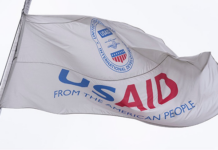
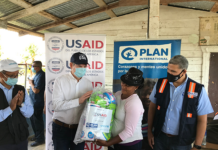
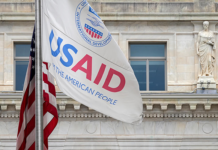
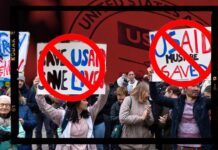

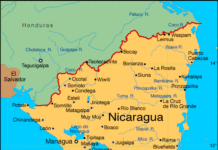

Net worth is a financial compass that reflects one’s journey towards building wealth and financial stability. It’s not just about the numbers; it’s a testament to hard work, wise investments, and diligent financial management. Remember, while net worth is important, it’s only a part of the bigger picture of a fulfilling and balanced life.
[…] with her and instead work to defend their community through the government.[13] Writing in Covert Action,[14] Rick Sterling showed that CEJUDHCAN also receives USAID money. It works closely with the […]
[…] disagree with her and instead work to defend their community through the government.[13] Writing in Covert Action,[14] Rick Sterling showed that CEJUDHCAN also receives USAID money. It works closely with the […]
[…] NicaNotes: US Sanctions Nicaragua Because Nicaragua Stops It from Buying This Year’s ElectionsCovert Action: How Billion-Dollar Foundations Fund NGOs to Manipulate U.S. Foreign Policy: A Case St… A look at the US billionaire foundations that fund US regime change operations, in part by […]
Organisations like these NGOs who are actually working for the very well being of our society are just doing such a more amazing job, with out even expecting any other thing in its return; to be really honest not every one could ever do that. Thanks giving to these excellent and outstanding NGOs.
[…] Another journalist, Camilo de Castro Belli, appeared in the video. He is the son of author and Sandinista critic Giacondo Belli and a “Central America Fellow” at the neoliberal Aspen Institute. The Aspen Institute is funded by grants from the Rockefeller, Ford, Gates and other U.S. philanthropic foundations. Its chairman, James S. Crown, is the Lead Director of the General Dynamics Corporation, one of the world’s top arms manufacturers, and was appointed by Barack Obama to the President’s Intelligence Advisory Board.[1] […]
[…] Another journalist, Camilo de Castro Belli, appeared in the video. He is the son of author and Sandinista critic Giacondo Belli and a “Central America Fellow” at the neoliberal Aspen Institute. The Aspen Institute is funded by grants from the Rockefeller, Ford, Gates and other U.S. philanthropic foundations. Its chairman, James S. Crown, is the Lead Director of the General Dynamics Corporation, one of the world’s top arms manufacturers, and was appointed by Barack Obama to the President’s Intelligence Advisory Board.[1] […]
[…] Por Rick Sterling, publicado en Cover Action Magazine. […]